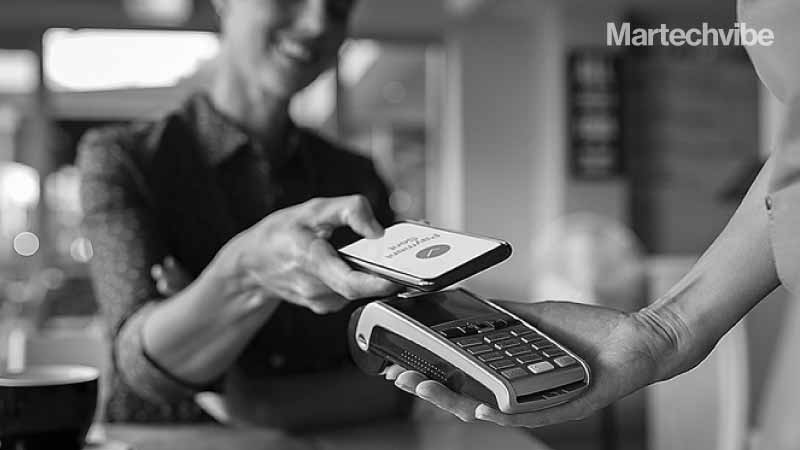COVID-19 Pandemic: COD down 75% in UAE
The number of cash-on-delivery (COD) payments is 75 per cent lower in the UAE since the onset of the Covid-19 pandemic as more consumers opt to pay online or through contactless methods. The use of digital payments – either contactless cards or mobile wallets – has almost doubled (98 per cent) in the same period, […]
Topics

The number of cash-on-delivery (COD) payments is 75 per cent lower in the UAE since the onset of the Covid-19 pandemic as more consumers opt to pay online or through contactless methods.
The use of digital payments – either contactless cards or mobile wallets – has almost doubled (98 per cent) in the same period, a study by Dubai Police, Dubai Economy and Visa.
The decline in cash payments also looks set to be a permanent feature – about 40 per cent of respondents said they are less likely to use cash-on-delivery in the future and 45 per cent said they are more likely to use contactless payment methods.
Also Read: Can Blockchain Reduce Ad Fraud?
Twenty-seven per cent of respondents were Emiratis, 22 per cent were Arab residents, 47 per cent were Asian residents while other groups made up 1 per cent.
However, online shoppers are also vulnerable to cyber attacks, the report revealed.
About four in 10 UAE consumers surveyed said they had experienced an online fraud attempt in the past year. About a quarter of consumers (27 per cent) have experienced phishing while 19 per cent have experienced credit card fraud and 17 per cent have been sent counterfeit goods.
Consumers have embraced digital payments in the Covid-19 era but that does not come without risks. As consumers shift online, fraudsters have sought opportunities to exploit these changes in how people pay for goods and services.
In the event of fraud, the most important actions consumers are likely to take are informing the bank (67 per cent) or customer services (58 per cent) and changing their password/PIN (72 per cent).
The ongoing stay secure campaign is Visa’s effort in bringing together all participants in the payments ecosystem to work together to advance efforts to educate consumers on how to stay vigilant, identify potential fraud and what actions they should take if they are affected.









































































































